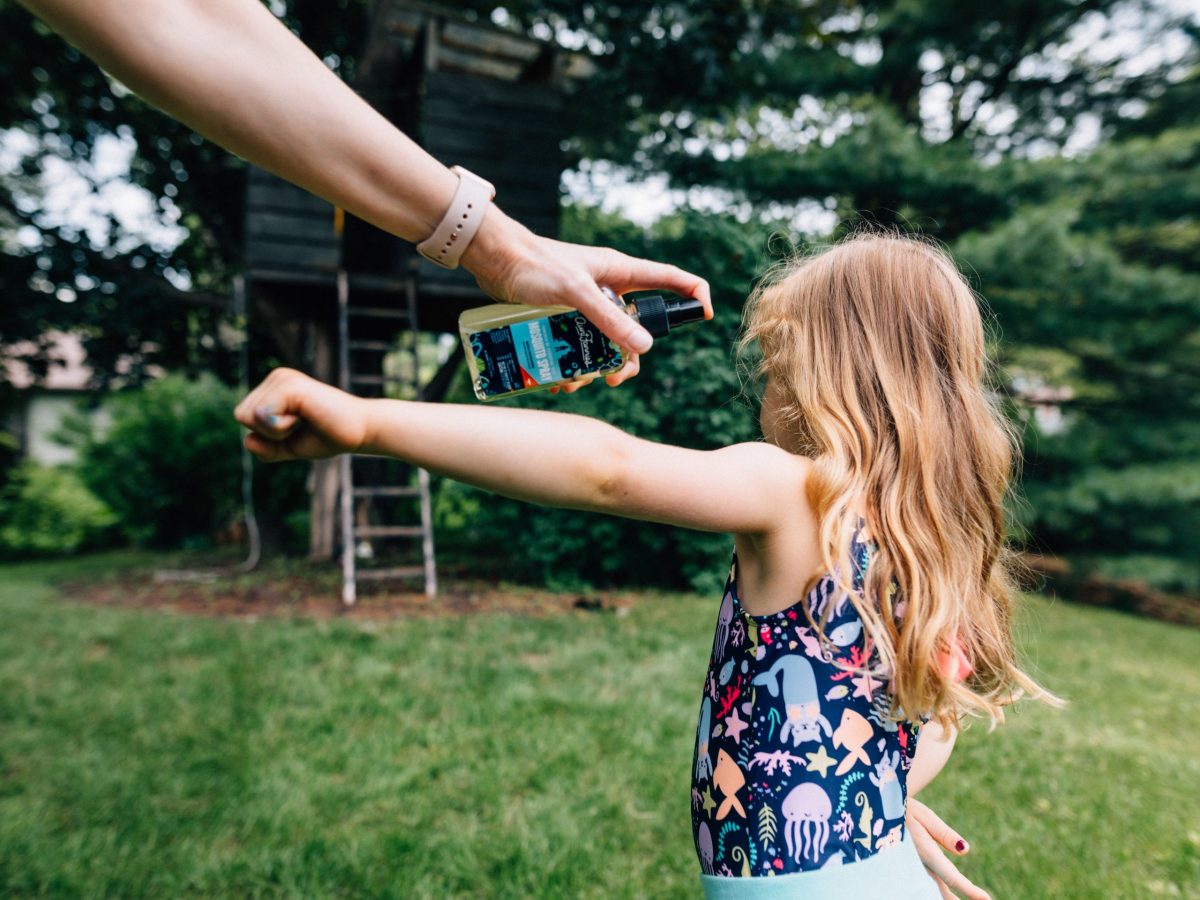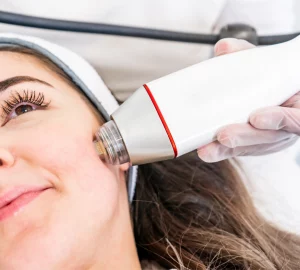As the weather warms up and we spend more time outside, we often find ourselves dealing with two common nuisances: the sun and bugs. While commercial products like sunscreen and insect repellent may seem like the obvious solution, they often contain harsh chemicals that can be harmful to our health and the environment. Fortunately, there are natural alternatives that can be just as effective. In this article, we will explore some tips and tricks for naturally managing the sun and bugs, so you can enjoy the great outdoors without putting your health or the environment at risk.
Toxic Sunscreen
The fear of skin cancer has resulted in a lot of people avoiding the sun like the plague and applying copious amounts of sunscreen. Unfortunately, almost all sunscreens on the market contain dangerous chemicals that are absorbed into the blood stream. These chemicals can be carcinogenic (cancer causing) and endocrine (hormone) disruptors. Avoid all sunscreens that contain these chemicals:
- OMC (Octyl methoxycinnamate)
- Octocrylene
- Avobenzone
- Oxybenzone
- Homosalate
- Octinoxatre
- Octisalate
Look for suncreens at health food stores that have Titanium dioxide and zinc oxide for a safer sunscreen. But make sure they don’t contain the above ingredients as well. Or you can make your own natural sunscreen:
- 1/2 cup almond or olive oil (can infuse with herbs first if desired)
- 1/4 cup coconut oil (natural SPF 4)
- 1/4 cup beeswax
- 2 Tablespoons Zinc Oxide (This is a non-nano version that won’t be absorbed into the skin. Be careful not to inhale the powder). This makes a natural SPF of 20+ or more can be added.)
- Optional: up to 1 teaspoon Red Raspberry Seed Oil
- Optional: up to 1 teaspoon Carrot Seed Oil
- Optional: up to 1 teaspoon Vitamin E oil
- Optional: 2 tablespoons Shea Butter (natural SPF 4-5)
Optional: Essential Oils, Vanilla Extract or other natural extracts to suit your preference
Sunlight is also the best source of Vitamin D. Vitamin D is absolutely essential to your health including the prevention of so many diseases like diabetes, cancer, heart disease, autoimmunity and more. Yes, you can consume Vitamin D in supplements or food but it’s likely you aren’t getting enough and the sun gives you a highly absorbable version. Getting unprotected sun exposure everyday for around 10-20 min will give you all the vitamin D you need.
If you are going to be out in the sun for several hours, you can utilize clothing and hats to protect your skin from burning and naturally managing the sun and bugs. Fabric provides around an SPF of 15. Keep in mind that you can still burn through clothing so pay attention to the color of your skin throughout the day.
Sunglasses are sometimes needed for driving but try to avoid them if possible especially in the morning. Circadian rhythms are regulated by sun exposure to through your eyes to your pineal gland. If you are always blocking this light, your body wont regulate its hormones like melatonin as well. Don’t look directly at the sun but try to get some indirect sunlight to your eyes everyday.
Diet is often overlooked when discussing sun safety but can play an important role. Eating a large variety of fruits and vegetables can provide antioxidants that help fight free radicals and protect skin. Green tea (applied externally or consumed) can also provide some protection. The kind of fats you consume is essential to sun protection as well. Avoid all sources of omega 6s (soybean, canola, sunflower, corn oil, and even too many seeds and nuts), trans fats and damaged fats in processed foods is important to your skin health. Focus on eating mainly coconut oil, red palm oil, organic butter, olive oil, macadamia nuts and oils, and grass fed meats for your fats.
Bug Protection Poison
There is nothing like a buzzing mosquito to ruin a perfect nature walk. Although DEET is approved by the US Environmental Protection Agency (EPA), it is a known eye irritant and can cause rashes, soreness, or blistering when applied to the skin. Also, DEET has been linked to neurological problems; according to the EPA, at least 18 different cases of children suffering adverse neurological effects, as well as the deaths of two adults, have been associated with DEET. Diffuse brain cell death and behavioral changes in rats from DEET exposure have been observed Researchers at Duke University Medical Center. Many other studies have linked DEET to harmful side effects such as The Pesticide Information Project of Cooperative Extension Offices of Cornell University who states that “Everglades National Park employees having extensive DEET exposure were more likely to have insomnia, mood disturbances and impaired cognitive function than were lesser exposed co-workers”. Anything that you put on your skin (just like sunscreen) will ultimately be absorbed into your bloodstream at some level. If you can’t ingest a substance, you shouldn’t put it on your skin either if you want to be naturally managing the sun and bugs.
DEET is also bad for the health of our natural environment. It has been shown to have a negative impact on wildlife and water sources in production and during use. Furthermore, DEET is toxic to birds and aquatic life. DEET ends up in our water systems and has been found in approximately 75 percent of U.S. water sources, including the Mississippi River. Yikes!
So, how do you deter these little buggers without subjecting your bloodstream to toxins? Well, there are a couple of ways. First, you can wear long sleeved shirts and pants and hats. However, this is not suitable for hot days. So you can use various essential oils such as Citronella, Clove, Lemongrass, Rosemary, Tea Tree, Cajeput, Eucalyptus, Cedar, Catnip, Lavender, Mint, Thyme, Verbena. You can even use the herbs of the above oils as well.
How to Make Homemade Bug Spray :
- Fill spray bottle (8 ounce) 1/2 full with distilled or boiled water
- Add witch hazel to fill almost to the top
- Add 1/2 tsp. vegetable glycerin (optional)
- Add 30-50 drops of essential oils to desired scent. The more oils you use, the stronger the spray will be.
If you don’t have time to make your own, you can purchase a non-toxic, DEET free commercial spray that you can find in health food store or organic markets.
This summer don’t use harmful commercial bug sprays and sunscreens. Take your family’s health into your own hands and choose natural, safe options for naturally managing the sun and bugs!
Author Bio
Amanda Rode is a Personal Trainer and Fitness Instructor at Robin Mungall Fitness and Divine Health Studio.
* Disclaimer: Anyone starting an exercise or diet program should consult with a medical doctor first to ensure adequate general health and to prevent any injuries. Personal fitness levels and/or health problems should be taken into consideration when using any diet or exercise advice provided here *








